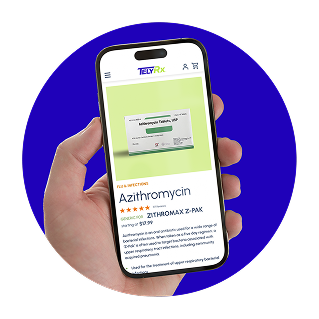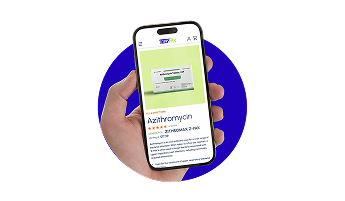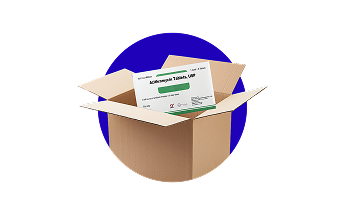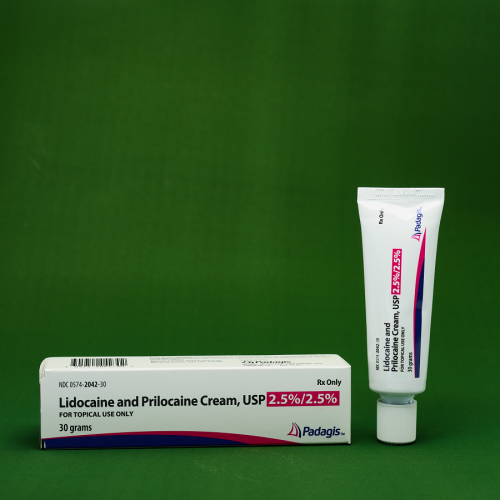Lidocaine / Prilocaine Cream
Lidocaine-prilocaine cream is a combination of two topical anesthetics (i.e. numbing medications) that is used to prevent pain or discomfort associated with injections. Topical anesthetics work by blocking nerve signals in the injected area and therefore preventing pain signals from reaching the brain. Lidocaine-prilocaine cream is used to prepare for minor surgery, cosmetic or medical procedures, including use on genital mucosa, and for pretreatment of infiltration anesthesia (numbing of a localized area). Procedures that may benefit from lidocaine-prilocaine cream include: Botox injections, skin biopsies, skin grafting, extensive dermabrasion, and plastic surgery. Lidocaine-prilocaine cream may also be applied prior to penile injections being used for erectile dysfunction.
- Lidocaine-prilocaine cream is used topically to temporarily numb the skin prior to medical or cosmetic procedures to prevent pain or discomfort from the injection
- Lidocaine-prilocaine cream is applied to clean, dry and intact skin only and should be covered with an occlusive dressing. Gloves should be worn to apply and to remove the cream and dressing
- For best results, lidocaine-prilocaine cream should be left on skin for at least 1 hour for minor dermal procedures (e.g., Botox injections, minor skin biopsies) and for at least 2 hours for major dermal procedures (e.g., skin grafts, extensive dermabrasion, plastic surgery)
- For use on female genital mucosa, apply 5 to 10 grams for 5 to 10 minutes then the procedure should be performed immediately after removal of lidocaine-prilocaine cream
- For use on male genital skin, apply to skin for 15 minutes then perform local anesthetic infiltration immediately after removal of lidocaine-prilocaine cream
-
Lidocaine / Prilocaine Medication Description
Lidocaine-prilocaine cream is a topical prescription anesthetic containing a combination of lidocaine and prilocaine. It is FDA-approved for use prior to minor dermatologic, cosmetic, or medical procedures to temporarily numb the skin and reduce discomfort. The active ingredients work by blocking nerve signals at the site of application, thereby preventing pain signals from reaching the brain.
Lidocaine-prilocaine cream is commonly used before Botox injections, skin biopsies, dermabrasion, skin grafting, and genital procedures. It may also be applied prior to penile injections for erectile dysfunction and for pretreatment before local infiltration anesthesia.
How To Use: Apply only to clean, dry, and intact skin. Gloves should be used during application and removal.
Precautions: Not for use on broken or irritated skin. Avoid contact with eyes or mucous membranes unless directed. Use only as directed by a healthcare provider.
-
Lidocaine / Prilocaine Side Effects
Lidocaine / prilocaine side effects may include: temporary feeling of cold or burning at the site of application, redness, itching and rash that resolves on its own.
-
Consumer Information Use and Disclaimer
This information should not be used to decide whether or not to take this medicine or any other medicine. Only a healthcare provider has the knowledge and training to decide which medicines are right for you. TelyRx does not endorse any medicine as safe, effective, or approved for treating any patient or health condition. This is only a limited summary of general information about the medicine’s uses from the patient education materials and is not intended to be comprehensive. This limited summary does NOT include all information about the possible uses, directions, warnings, precautions, interactions, adverse effects, or risks that may apply to this medicine. This information is not intended to provide medical advice, diagnosis or treatment and does not replace information you may receive from your healthcare provider. For a more detailed summary of information about the risks and benefits of using this medicine, please review the entire patient education information you receive with the medication.
How TelyRx Works


1. You Choose
Request Your Prescription.


2. Doctors Review
Doctors Prescribe. Pharmacists Dispense.


3. We Deliver
Your Medication Arrives Quickly and Discreetly


Verified Customer Reviews
| Sex | Both |
|---|---|
| Pick and Pack | Yes |
| Order Flagging System | No |
| Set Cart Qty Limit | 2 |
| Robots Meta | INDEX, FOLLOW |



